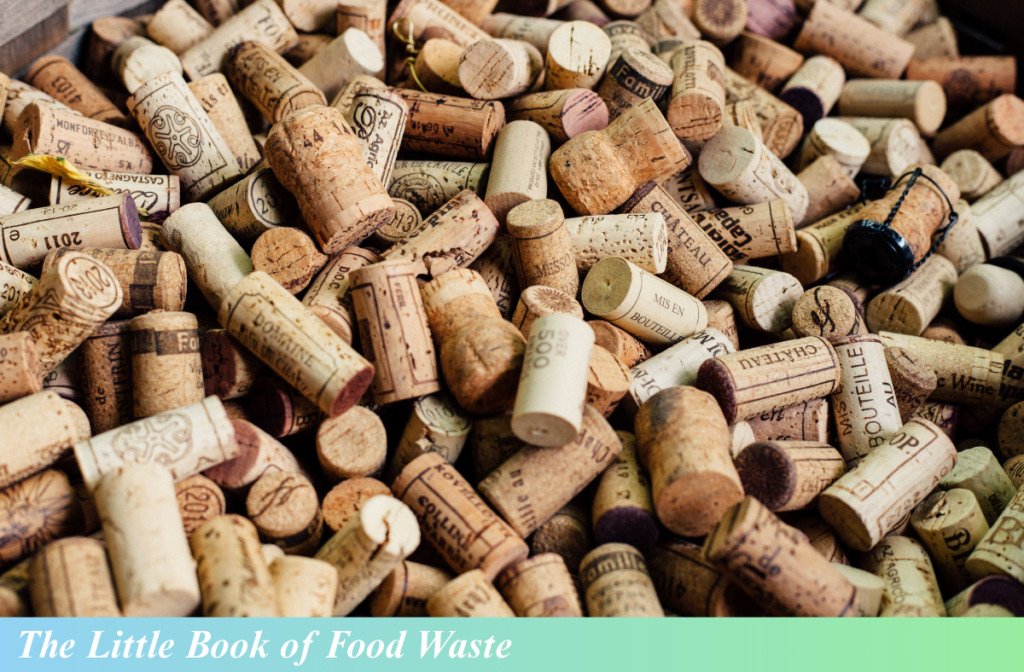A glass of wine a day keeps heart disease at bay? Maybe not.
Most wine drinkers know how red wine is made — by fermenting the extracted juice from dark-skinned grapes. After the juice “macerate and ferments,” you get the tannins (aka polyphenols), color, and flavor of red wine.
Heart Healthy Wine and The French
The belief that red wine is “heart-healthy” stemmed (pun intended) from the French Paradox. In the 1980s, this idea explained why the wine-loving French, despite their love of fatty foods like cheese and bread, had low rates of heart disease. According to the Harvard Business Review, the French Paradox also helped to discover the benefits of polyphenols.

What Are Polyphenols?
Polyphenols are a type of plant compound. In addition to red wine, they can be found in chocolate, tea, berries, and more. With over 8,000 types of polyphenols, the compound can reduce the inflammation that increases the chances of stroke and heart attack. So that means red wine is heart-healthy, right? Not exactly.
Alcohol Consumptions – The Risks
A 2018 report titled “Risk thresholds for alcohol consumption: combined analysis of individual participant data for 599 912 current drinkers in 83 prospective studies” unveiled some of the severe risks of drinking alcohol, even when considering the potential benefits of polyphenols. Taking data from three large-scale sources across 19 high-income countries, the report examined alcohol consumption’s effects on mortality and cardiovascular disease. Using dose-response associations and hazard ratios across 83 studies, the analysis focused on current drinkers.
The baseline of information for the report included participants’ age and sex, as well as:
- Their alcohol consumption amount
- Their status (ie, non-drinker vs current drinker)
- Any history of diabetes and smoking status
- At least 1 year of follow-up after baseline
Participants also needed to have no history of cardiovascular disease.
Alcohol consumption was assessed in regards to:
- All-cause mortality
- Total cardiovascular disease
- Cardiovascular disease subtypes
Overall, the results of the study showed that drinking more alcohol was associated with a higher risk of heart failure, fatal aortic aneurysm, fatal high blood pressure, and stroke. While alcohol consumption was linked to a slightly lower risk of heart attacks, the results also showed that:
- People consuming 100–200g per week had about 6 months shorter life expectancy at age 40
- People consuming 200–350g per week lost 1–2 years
- People consuming more than 350g per week lost 4–5 years
(Compared to people consuming 100g of alcohol per week.)
Overall, individuals choosing to consume alcohol should practice moderation. However, considering the risks, many pragmatic eaters who drink may choose to stop completely, while emotional and creative eaters may cut back.
Getting to Know Your Eating Type
Want to learn more about your eating habits? Take our eating-type quiz!
